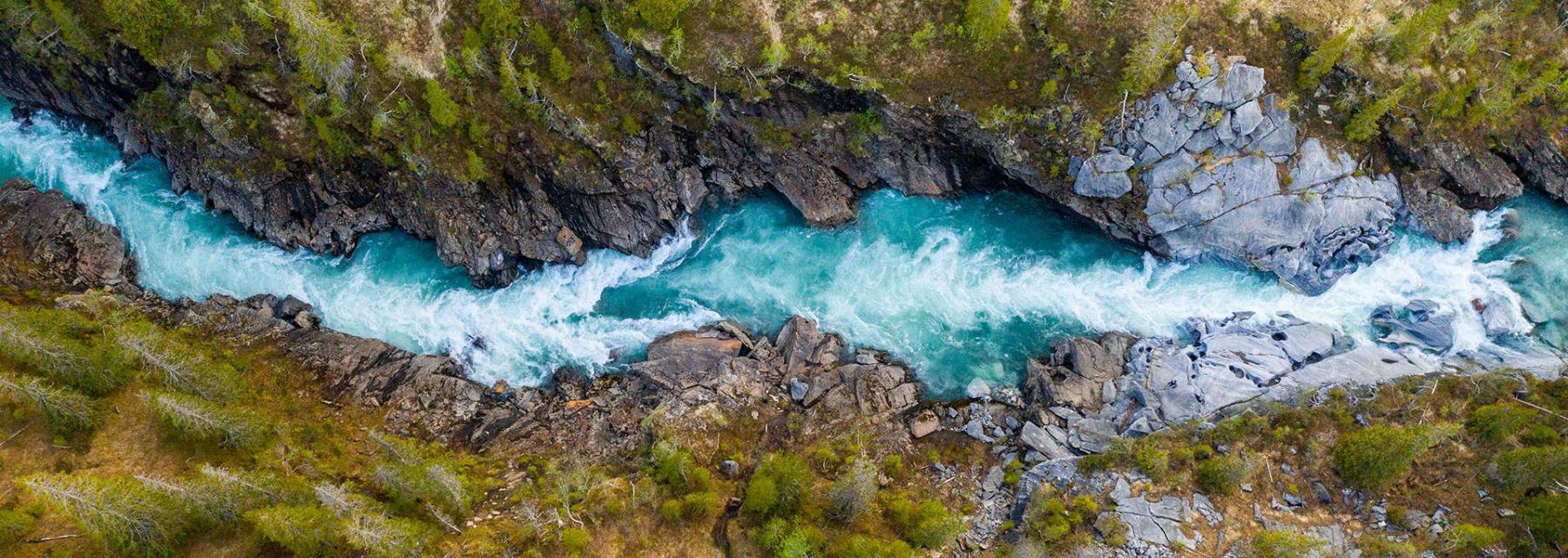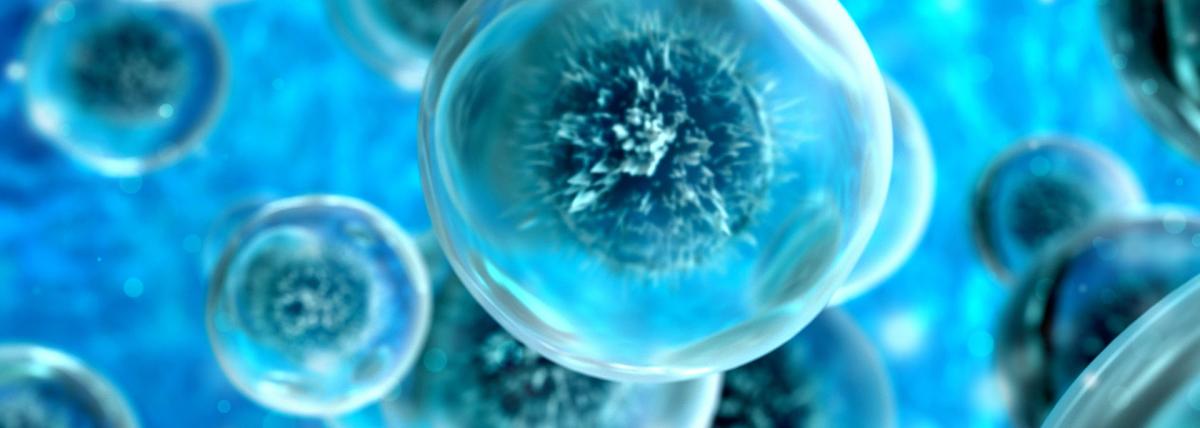
Aquatic Macroinvertebrates Sampling and Identification: The Biological Indicators for Water Quality of Perennial Streams in Arizona
by Michael Angelo De La Cruz
With this lesson, students learn how to do simple macroinvertebrates sampling and identification using common resources to determine the environmental health status of perennial streams in Arizona. According to Azzazy, 2020, biological indicators or bioindicators are living organisms (microbes, animals, and plants) that are used as a potential tool to monitor the changes (either positive or negative) in environmental health and their possible impact on human civilization.
Lesson Grade Level
4th GradeLesson Plan Link/URL
https://docs.google.com/presentation/d/1dMuOBlV0SiFvpv24HjgvsZ4fFObSqR7m/edit?u…Subject Area
Science Life Science L2: Organisms & Energy Technology 3. Knowledge Constructor Mathematics Measurement and Data (MD) Number & Quantity (N) English Language Arts (ELA) Reading (Informational Text) Writing
Featured
Off
Related Content

Grades:
1st Grade
This is session 1 of a 4 session unit on innovative thinking, agricultural engineering, and farm model making. The first session introduces students to Dr. Temple Grandin, a creative thinker who has

Grades:
6th Grade
Students will construct a model of an ocean habitat to simulate an oil spill. They will then make observations about the behavior of the oil in the water and on the various items in the habitat model

Featured
Mosquito Management
Grades:
3rd Grade, 4th Grade, 5th Grade
This lesson takes place in as classroom for one or more 60 minute class periods. The data collection portion may continue for 2+ weeks (or whatever time frame you decide). An emphasis is placed on the

